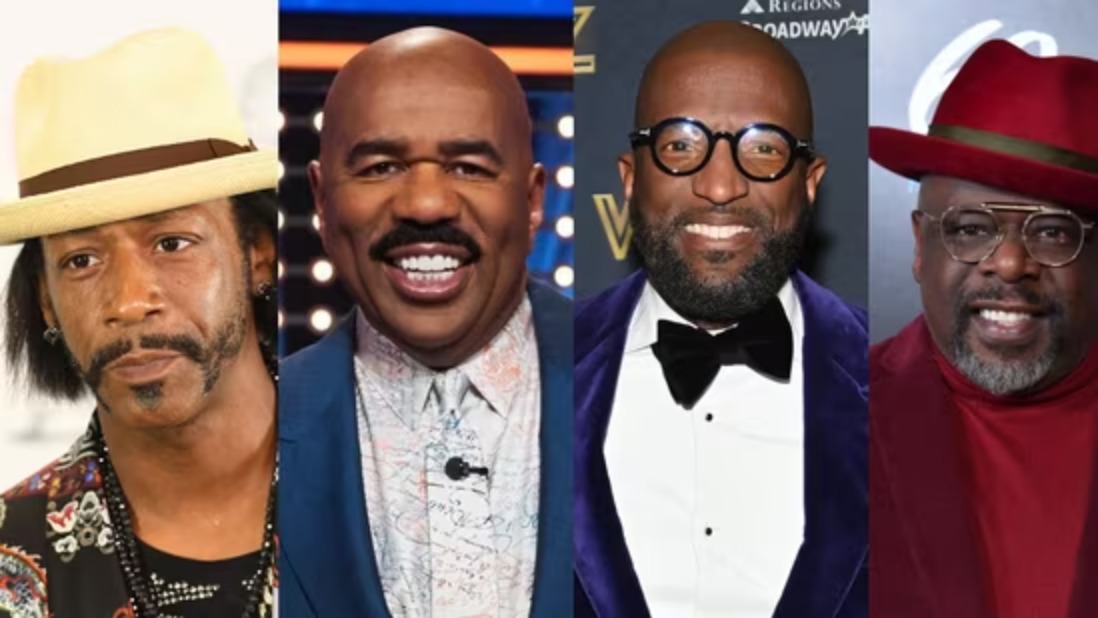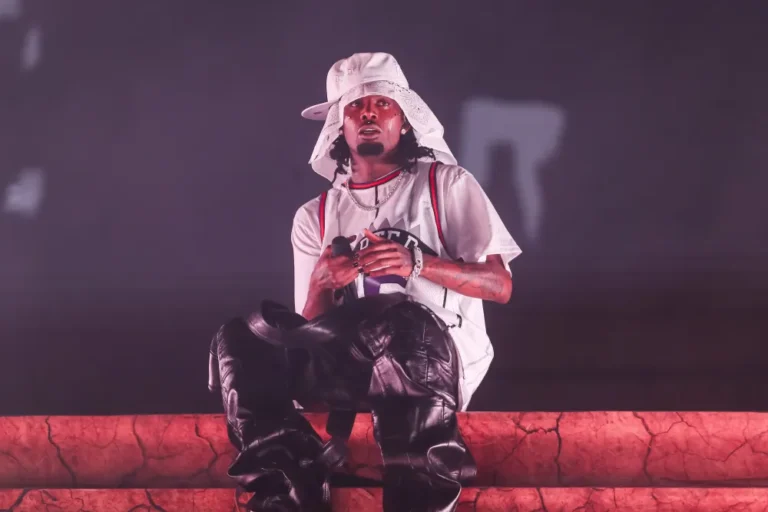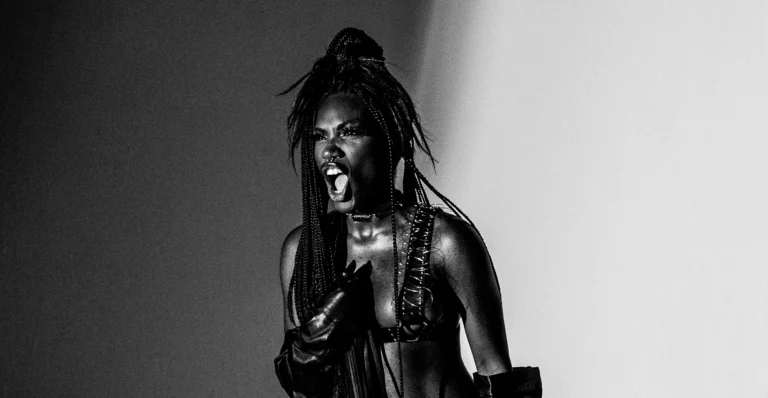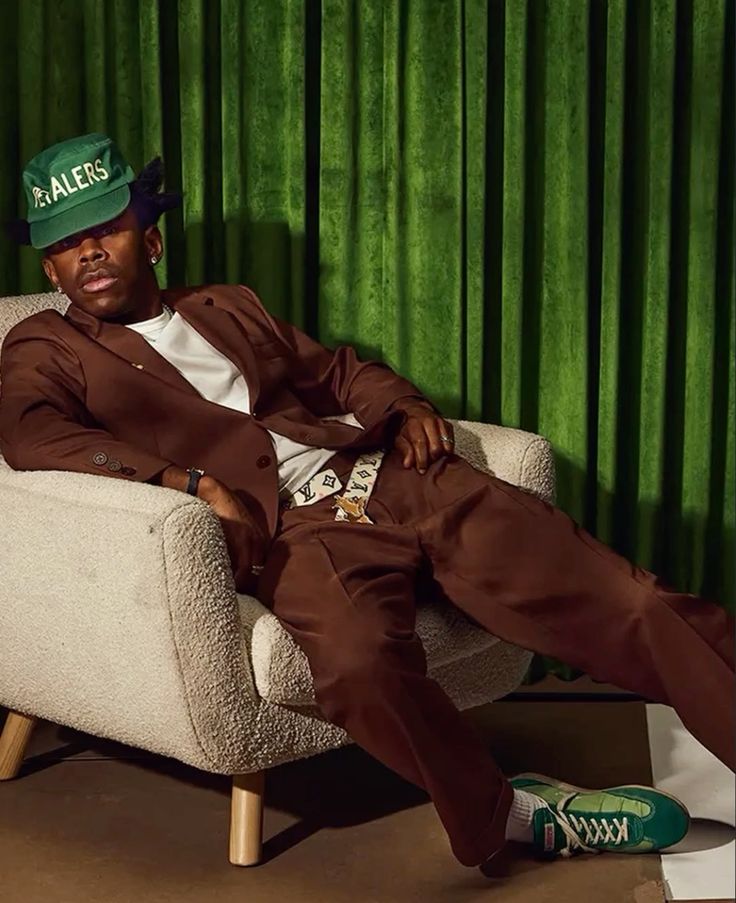After Emmy Award-winning Katt Williams accused his employees of embezzling $59 million from the comedian in 2019, the artist has been railing on talk shows and podcasts about how other comedians and musical artists garnered their success.
The infamous Club Shay Shay podcast interview was where Katt revealed that Ice Cube had filmed a rape scene that was later edited from Friday After Next. Katt also hinted that comedian Kevin Hart might be working for the Illuminati, given how rapidly he rose to fame after Soul Plane.
Did Katt Williams Lie About His Experiences?
Occasionally, Katt would respond comedically to Shay’s questions and answers. From his perspective, he appears to allow himself the freedom to embellish his version of “his” truth with subtle allusions and slight exaggerations, but the core of some of his experiences rings true. I do not mean the nonsense surrounding the Illuminati, but rather the potential treatment he may have received during his rise to fame as a comedian and actor. The issue arises when he brings out the poison he feels when discussing the hurtful things he endured at the hands of other artists.
Katt Williams also brought up the plights of Taraji P. Henson, actor Jonathan Majors, comedians Steve Harvey, Tifanny Haddish, Rickey Smiley, rapper Kanye West, and Kim Kardashian, who are all allegedly involved in some way with the Illuminati, either by trying to evade them or by coming too close to the truth about the elusive group.
The topic of certain artists and celebrities, such as Katt Williams and others, accusing their peers of being a part of the Illuminati is a complex and multi-faceted issue. It often intertwines with various aspects of popular culture, conspiracy theories, and the personal circumstances of the individuals involved.
The Illuminati and Pop Culture
The Illuminati, historically, was an Enlightenment-era secret society, but in modern times, it has become a staple of conspiracy theories, especially those linked to control and power in the entertainment industry. The idea that some musicians and actors are part of this group is a popular, though unfounded, theme in certain conspiracy theory circles.
Celebrity Accusations
When artists like Katt Williams or Orlando Brown who came to fame as a cast member of That’s So Raven make claims about their peers being part of the Illuminati, it often reflects the mysterious and enigmatic aura that surrounds fame and success in the entertainment industry. These accusations are sometimes seen as ways to explain or rationalize the immense success of certain individuals or to critique the perceived inauthenticity or moral compromises in the entertainment world.
Reflection of Personal Struggles
It’s important to consider that such accusations may sometimes be reflective of the accuser’s personal struggles. Issues like financial difficulties, legal problems, or career challenges can lead to frustration and the search for external reasons to explain these hardships. In this context, blaming a shadowy, powerful group like the Illuminati can be a way of externalizing personal or professional disappointments.
Money Management and Legal Troubles
Accusations of others being part of secret societies might sometimes emerge from a place of personal financial or legal difficulties, serving as a distraction or coping mechanism. The entertainment industry is notoriously unstable, and artists, despite their fame, can face significant challenges in these areas. The unpredictable nature of the industry and the pressures of public life only make matters worse.
Public Perception and Media Representation
Another important factor is the way the media presents these accusations. When reporting on these claims, the media has a tendency to sensationalize them while ignoring the more complicated issues that the accuser may be dealing with. As a result, the public may form an inaccurate impression, focusing on the sensationalist parts of the accusations rather than getting a nuanced picture of the person’s situation.
In my opinion, allegations leveled by artists against their contemporaries regarding their alleged membership in the Illuminati may generate sensational headlines, but they are frequently based on a complicated web of individual conflicts, pressures from within the industry, and the irresistible pull of conspiracy theories. To make sense of these claims, one must take a sophisticated approach, taking into account both the larger picture of the individual’s life and the complex workings of the entertainment industry.











